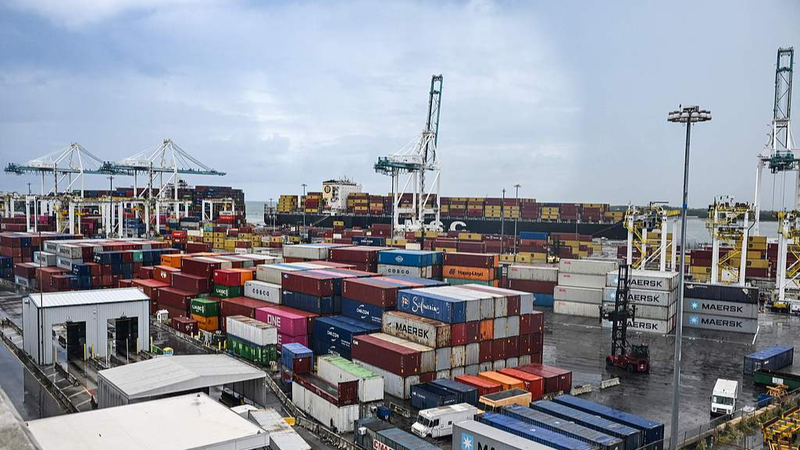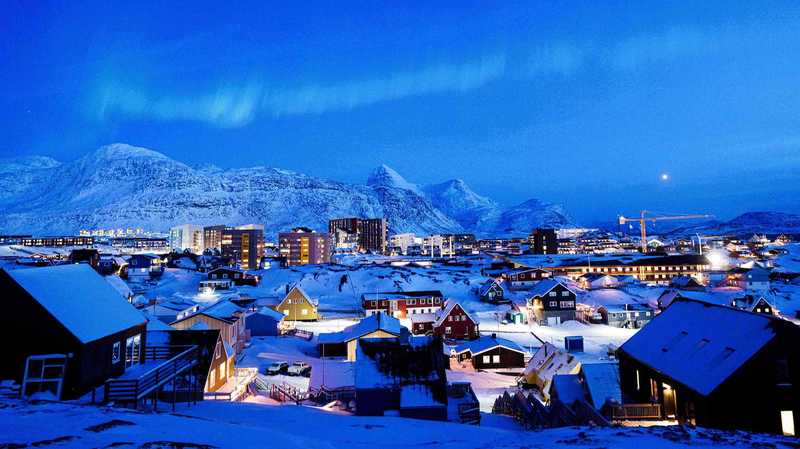🔥 Midnight strike! The US has just slapped new "reciprocal tariffs" on over 90 countries, charging 10–50% on key exports. 🌎
Brazil got hit hardest: a 50% tariff on its exports prompted President Luiz Inácio Lula da Silva to call the move "unacceptable blackmail", and Brazil formally requested WTO consultations. 🇧🇷
India is next, facing a looming 50% duty. Prime Minister Narendra Modi vows he won't compromise farmers' interests—even at a steep cost. 🌾
Swiss exporters are sweating too, after talks in Washington failed and a 39% tariff kicked in. Pharma and machinery firms warn of a "horror scenario." 🇨🇭
Only the EU and Japan dodged the worst by sealing side deals. The EU will invest $600 billion in the US and buy $750 billion in American energy, while Japan accepted a 15% auto tariff in exchange for $550 billion in investments and bigger rice imports. 🇪🇺🇯🇵
Meanwhile, talks in Stockholm between the US and the Chinese mainland pushed to extend a 90-day tariff truce. The Chinese mainland's July exports jumped 8% year-on-year, showing its trade resilience. 📈
IMF sounding the alarm 🚨
The International Monetary Fund warns these sweeping duties could choke global demand, disrupt supply chains, and drive inflation higher. Uncertainty over tariffs is denting consumer confidence and risking deeper economic divides. 🌐
The impact is already hitting US shores: Yale University’s Budget Lab reports the average American household could pay an extra $2,400 per year due to pricier imports, with the current tariff rate at its highest since 1934. 😬
Experts like He Weiwen from the Center for China and Globalization argue the US may be driving countries to forge trade ties that exclude it. 🤝❌🇺🇸
With nations choosing between stand-offs, negotiations, or carve-outs, one thing’s clear: global trade just got a lot more complicated. Stay tuned! 👀
Reference(s):
cgtn.com




